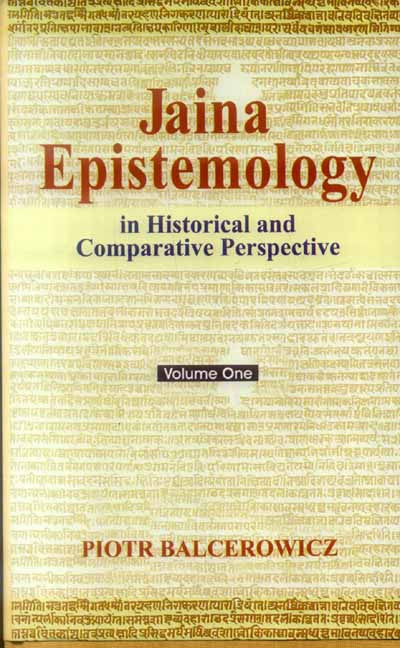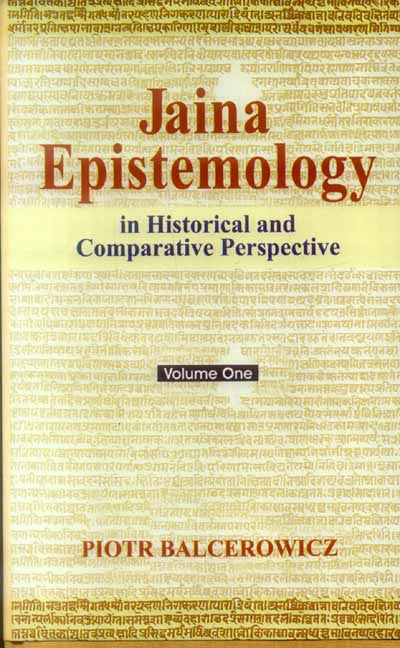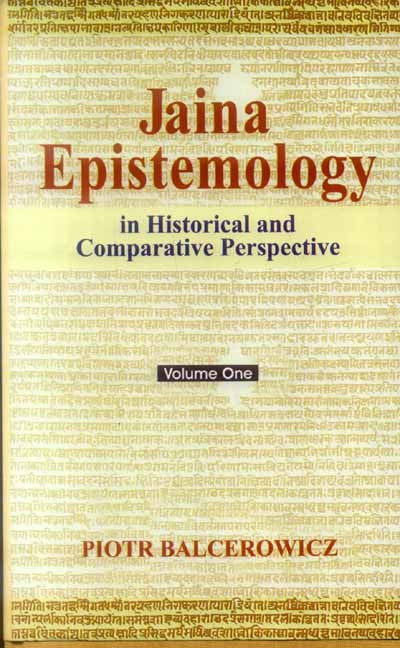Jaina Epistemology (Set 2 Vols.): in historical and comparative perspective
Jaina Epistemology (Set 2 Vols.): in historical and comparative perspective - Paperback is backordered and will ship as soon as it is back in stock.
Couldn't load pickup availability
The Nyayavatara is one of the first serious Jaina treatises on epistemology. It has been for long erroneously ascribed by tradition to Siddhasens Divakara, but now it seems certain that its author is a certain Siddhasens Mahamati, who lived circa 710/720-700/780. He enters into polemics with other-mostly Buddhist- epistemological schools and endeavours to establish a Jaina epistemological tradition of its own. Despite its importance, the work is rather secondary in the sense that it relies, for the most part, on the Buddhist logical legacy. The first extant commentary is the Nyayavatara vivrti of Siddharsiganin. Although its significance has often been under-estimated, Siddhsiganin was responsible for the subsequent development of Jaina epistemological thought to a much larger degree than it has so far been recognized. He refers to major philosophical schools of his times, e.g. to Sautrantika, Yogacara, Sunyavada, Saugata, Samkhya, Mimamsa, Naiyayika Vaisesika, Carvaka, Advaita-vedanta, the materialists, etc. The gloss (Nyayavatara-tippana) of Dvebhadrasure, which is amply quoted in the present edition, is a useful source of quotations.
Review(s)
About the Author(s)
Piotr Balcerowicz, of no nationality ( which he emphasizes), presently at the Institute of Oriental Studies, Warsaw University, Poland, specializes in Indian Philosophical tradition, with emphasis on Jainism; he teaches Sanskrit and Prakrits, and lectures on Indian philosophy and religions as well as on intercultural relations and contemporary history of Asia. He published extensively on Indian philosophy, and also on the Middle East and Central Asia in Police, English and German, and authored a number of books on Indian philosophy, Jainism and history of Afghanistan.
-
Pages
-
Edition
-
Size
-
Condition
-
Language
-
Weight (kg)
-
Publication Year
-
Country of Origin
-
Territorial Rights
-
Reading Age
-
HSN Code
-
Publisher




